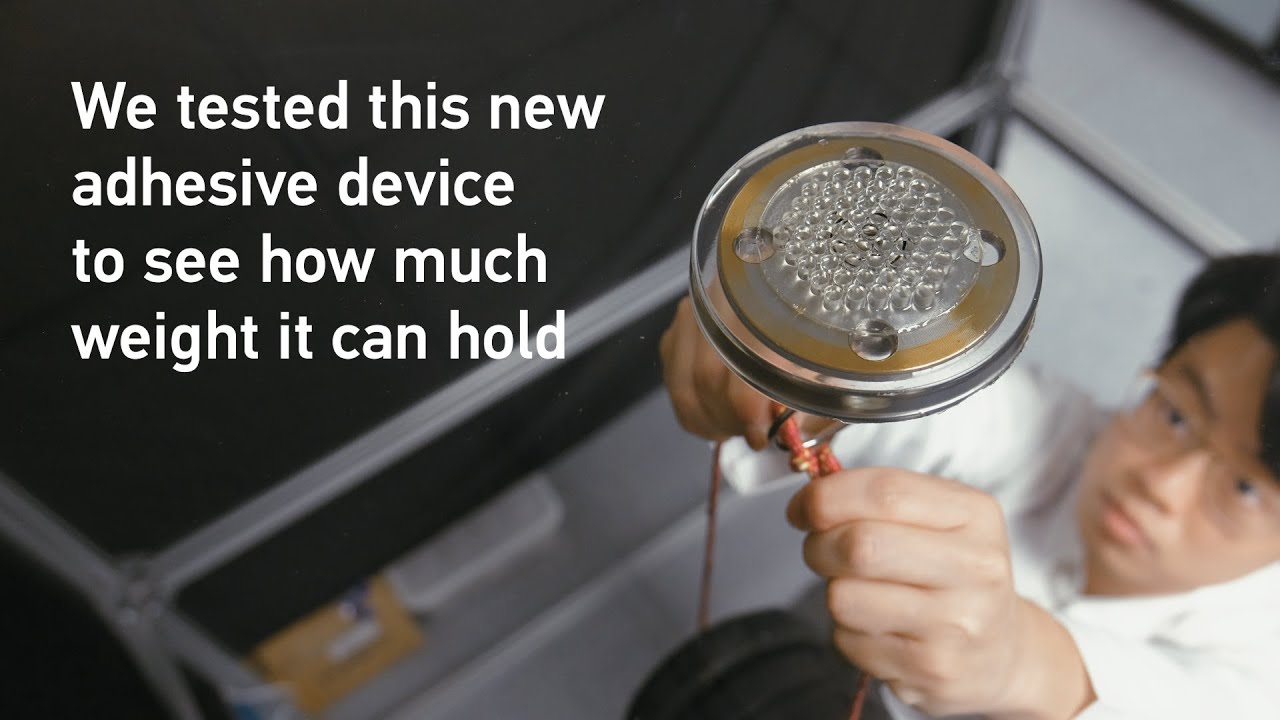The field of interventional pain management is ripe with new technologies and treatments that can help a person living with chronic pain experience more pain relief and a more comfortable life. If you’re someone suffering from chronic pain and have had limited or no results with other treatments, a Tulsa pain management specialist may be able to help.
We’ll review the newest innovations in pain management and how they work. Then, we’ll also discuss how opting for these treatments may be a better fit for someone who has not responded to traditional treatments.
Top 5 Tech Treatments for Interventional Pain Management
A primary care doctor or orthopedic specialist may refer patients to pain management if they have reached the limits of their ability to offer additional therapy or care. If you have been under the care of primary care physicians or other providers and have been referred to pain management, you’re likely ready to experience the next level of pain care.
1. Spinal Cord Stimulation (SCS)
One technology that offers promise to patients with chronic pain is spinal cord stimulation. During a spinal cord stimulation (SCS) procedure, an implant is inserted into the patient’s body and connected to a spinal cord stimulator. This stimulator has customizable levels of stimulation, which sends electrical pulses to the spinal cord to help mitigate pain.
This procedure is often performed on a trial basis. If the trial period shows net clinical benefits like reduction of pain, a higher level of comfort, or the ability of the patient to regain mobility, the stimulator remains intact.
2. Nerve Conduction Studies
Pain experience comes from nerves. Nerves send signals to the brain, and the brain interprets the signals as pain. For a person with chronic pain, the problem is often a damaged nerve that is incorrectly communicating pain to the brain.
Locating these faulty nerves can help a pain management specialist treat the affected nerves so that they can eliminate or reduce these messages.
A nerve conduction study may be used to locate the problematic nerves. This is a mildly invasive study that uses electrical signals to locate nerves and identify which ones are sending pain messages to the brain.
3. Radiofrequency Ablation (RFA)
During a radio frequency ablation (RFA), radio waves are used to prevent the nerves of the SI joint or the lumbar medial branch nerve from sending pain signals to the brain. During the procedure, a needle is inserted into the skin and guided to the exact location of these nerves using an X-ray.
A person who experiences pain in the lumbar spine may benefit from this type of treatment, which can provide a more permanent solution than other methods.
4. Epidural Steroid Injection (ESI)
Steroid injections aren’t exactly new, but the way we’ve been incorporating them into pain care has been refined and improved over the years. Doctors first started using steroids in 1952, but the steroids of today look quite different, thanks to our understanding of how pain works.
For people who have chronic pain that does not respond well to other treatments, an epidural steroid injection can significantly reduce inflammation and help deaden the nerves that are communicating pain signals to the brain.
These types of treatments usually provide longer-lasting pain management that can last for weeks to months at a time. With these types of results, a person can hopefully rely less on over-the-counter or prescription medications.
5. Photobiomodulation Therapy
Red light therapy is an older technology that has found a new use in interventional pain management. Red light uses specific wavelengths of light to penetrate the skin down to the muscle and bone.
These wavelengths help increase mitochondrial activity within cells, which can help with wound healing. This particular treatment is beneficial for those with injuries that continue to hurt or that have not yet fully healed.
Considering New Options
Chronic pain can make you feel as though there is no hope for leading a more comfortable life. Interventional pain management specialists are specially trained to look for innovative ways to handle pain and help you maintain your overall wellness.
If you’ve not found relief from the treatments offered by your current healthcare providers, consider scheduling with an interventional pain management specialist to see if new technologies can provide you with the relief you need.







